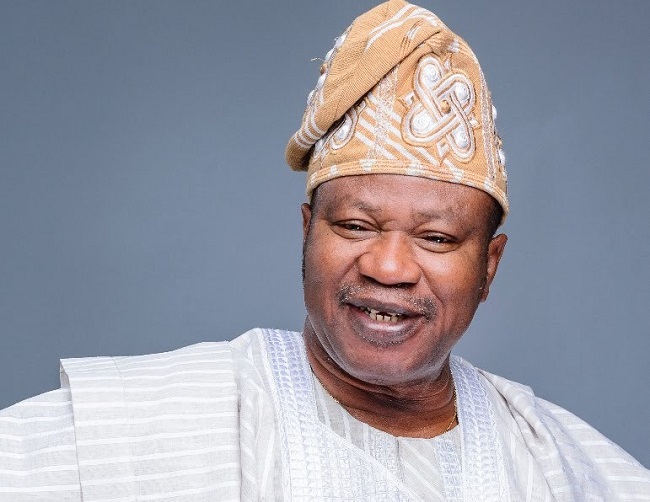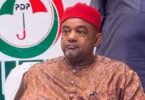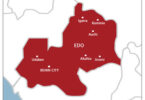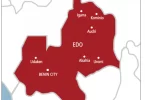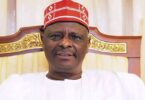Socio-political activist and critic Chief Adesunbo Onitiri has expressed fears that hoodlums might hijack the planned August 1 national protest and consequently truncate Nigeria’s nascent democracy.
He stated that the current security, economic, and political situation in the country does not require any public protest, adding that what it requires is dialogue.
According to him, while he, as a democrat, appreciates the predicament of the masses—hunger, pathetic security, and economic situation affecting every household—the situation currently calls for serious caution and deep thought.
“Our youths should be guardians of our democracy, involving themselves more in nation-building and not in unproductive national protests.
When a child is cutting a tree in the forest, an elder will be watching which direction it will fall, hence the need for caution regarding the planned protest.
“We democrats wish to implore our youths to get more involved in nation-building instead of unproductive protests. The youths are the workforce of the nation. They are the nation’s productive sector and wheel,” he stressed.
While paying tribute to Nigerian youths for their patience and understanding, Onitiri emphasized that the Federal Government should not be blamed for the situation in the country, adding that “we should all cooperate and find solutions to our inherited problems which the government is doing its best to resolve.”
“Youths of every nation are expected to play vital roles in nation-building. Their contributions are essential for a country’s technological development and progress in basic roles, including innovation and entrepreneurship, leadership, social mobilization, community development, peace-building, cultural preservation and promotion, environmental conservation, and conflict management.
ALSO READ: FCTA issues advisory to protect vulnerable groups during rainy season
“Youths should bring new ideas and energy to drive innovation and entrepreneurship, creating jobs and stimulating economic growth; participate in politics and take leadership roles to bring fresh perspectives and drive positive change; and advocate for social causes that promote justice, equality, and human rights.
“They should promote social cohesion and community development, uphold their cultural heritage, contributing to national identity and diversity, and play a key role in promoting peace and resolving conflicts, ensuring national stability and security.
By empowering and engaging youths, nations can tap into their creativity, energy, and idealism, driving positive change and building a brighter future,” Onitiri added.

